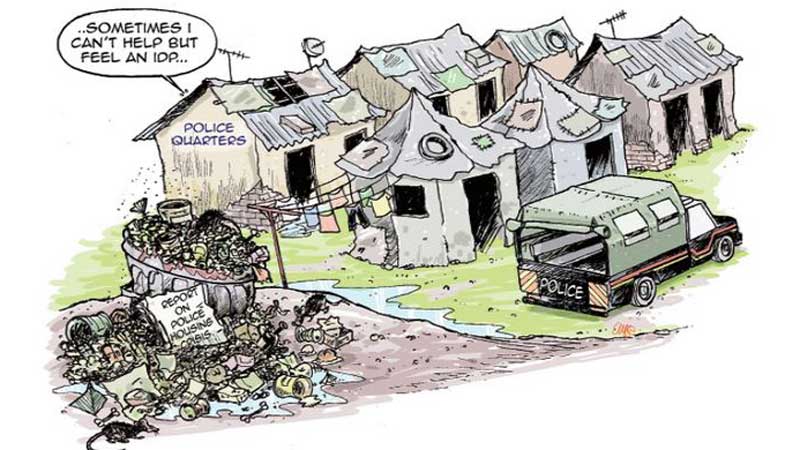×
The Standard e-Paper
Kenya’s Boldest Voice

President Uhuru Kenyatta recently ordered Interior Cabinet Secretary Fred Matiang’i and Inspector General of Police Joseph Boinnett to come up with a framework to revitalize policing, and in particular get a solution to the perennial housing problem.